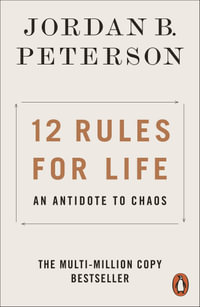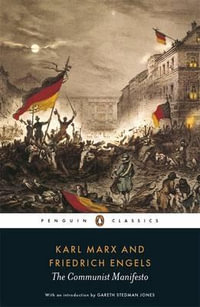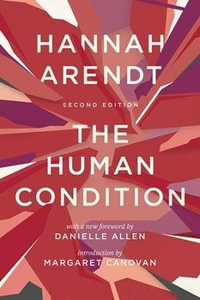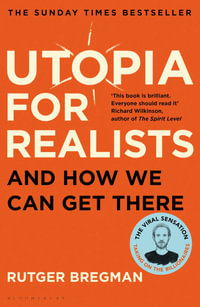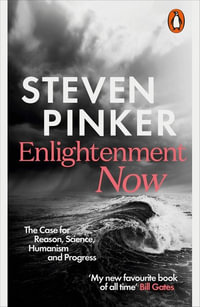A New Politics for Philosophy: Essays on Plato, Nietzsche, and Strauss presents meticulous readings of key philosophical works of towering figures from both the classical and modern intellectual traditions: Protagoras, Aeschylus, Xenophon, Plato, Descartes, Nietzsche, and Leo Strauss. Inspired by the scholarship of Laurence Lampert, the international group of scholars explore questions of the nature or identity of the philosopher, with an emphasis on painstaking exegesis informed by close attention to detail. The chapters touch on topics ranging from Plato's Charmides, Aeschylus' Prometheia Trilogy, Xenophon's Hiero or Tyrannicus, Nietzsche's Thus Spoke Zarathustra and Ecce Homo, Nietzsche's Plato, whether Nietzsche thought of himself as a modern-day Socrates, philosophy's relationship to science, the function of the noontide image in the center of Part IV of Nietzsche's Zarathustra, a re-evaluation of the young Nietzsche's break from the spell of Schopenhauer, the dramatic date of the conversation presented in Plato's Republic, Xenophon's dialogical investigation of the troubled tyrant's soul, Leo Stauss's furtive discussion of Descartes and the modern aspiration to master nature, and Nietzschean environmentalism. The book also includes an interview with Laurence Lampert.
Industry Reviews
Guided by the work of Friedrich Nietzsche and Leo Strauss, Laurence Lampert has shown us that reaching back into the thought of the past is indispensable if we are to think properly about the future. The present collection bears eloquent witness to the remarkable breadth, depth, and charm of Lampert's philosophical labors, which combine Odyssean versatility with Achillean vigor. While each essay engages with different aspects of Lampert's work, the volume as a whole provides a banquet of food for thought regarding the complex relationship between philosophy, poetry, politics and religion. -- David Janssens, Tilburg University This remarkable volume of essays in honor of Laurence Lampert brings together scholars of the first rank from China, Europe, and North America who offer brilliant analyses of the thought of Plato, Nietzsche, Strauss, Protagoras, and Xenophon. What renders this collection especially stimulating to the reader is the amazingly rich variety of interpretations it presents of these foundational thinkers. By setting forth for the reader's contemplation such powerfully reasoned dialogue and debate concerning what the true teaching of these philosophers is, these essays inspire the reader to undertake a philosophic journey of one's own and to ponder with greater penetration and depth the timeless works of these philosophers for oneself. -- Peter J. Ahrensdorf, Davidson College

